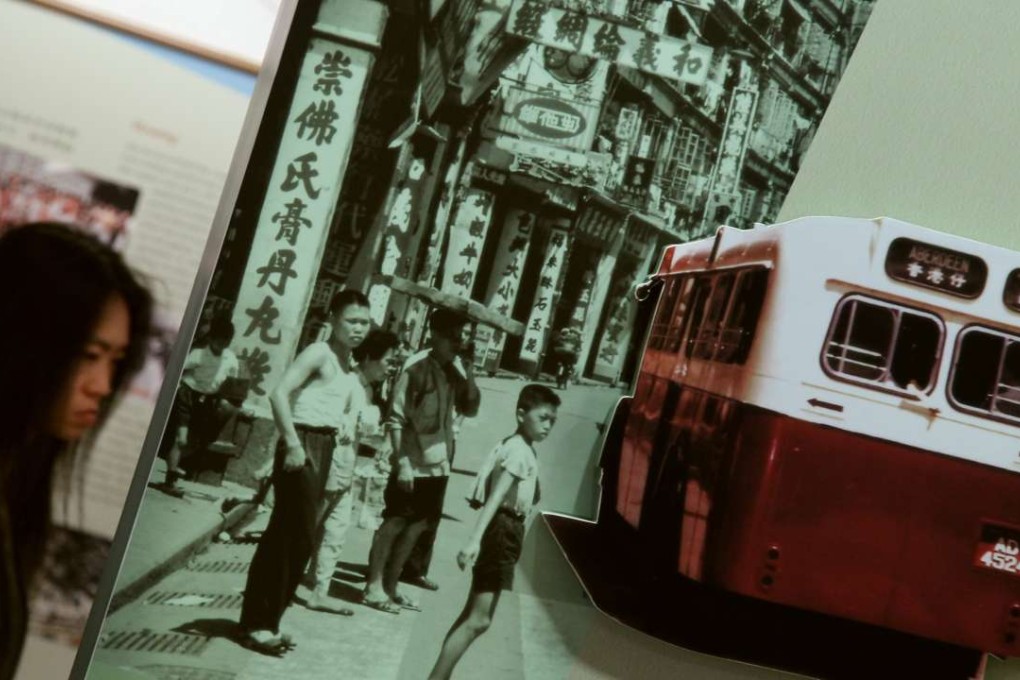On Second Thought: Taking pride in our shared experience is nothing to be ashamed of

A people’s identity is often labelled according to its members’ common ethnicity, nationality, language, culture, and sometimes religion. However, to the individuals within, his own perception of identity might be more affected by shared experience and attributes, his own emotional involvement about the sameness of “ingroups” and differences with “outgroups”.
It is not uncommon, therefore, for a diverse and heterogeneous people to have sub-identities that are sometimes labelled as localism.
Hong Kong is commonly regarded as a Chinese city, with a difference. Our Chineseness is indisputable: the city is constitutionally under China’s sovereignty; the great majority of the people here are ethnic Chinese; the majority use the local Chinese dialect, Cantonese, as their daily language; and local customs are much closer to home traditions than to Western ones, despite our active business relationships with the Western world for the bulk of the past century and a half.
Taking pride in identifying with our own achievements helps in building the cohesiveness we need to go forward
As far back as 1946 when Britain resumed sovereignty over Hong Kong after the war, David MacDougall, the then colonial secretary, already proclaimed that “everyone was aware of 1997 and all that that date implied”.
Hong Kong’s Britishness was widely regarded as transitory. Richard Hughes, an Australian journalist who lived here for some years, famously labelled Hong Kong as “a borrowed place on borrowed time”.
Hong Kong’s identity only came about gradually as a result of the post-war baby boomers who built Hong Kong into the success it is today.
Unlike their parents who sought temporary refuge here and didn’t believe that Hong Kong would last, this generation calls Hong Kong home. They are proud of the city’s achievements.